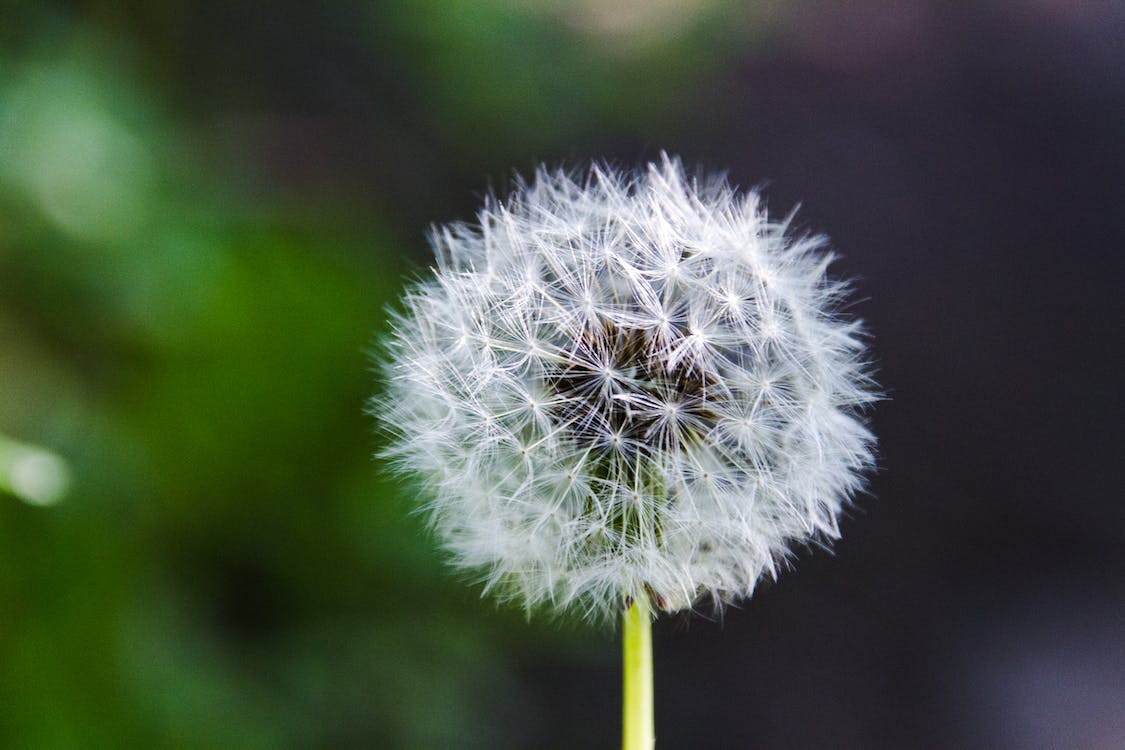
Dandelions: More Than What You Think
There is much more to dandelions than just being an annoying pest that grows in gardens and lawns or a pop culture song. They have been used for millennia in cooking and cosmetics as well as for their numerous health advantages and are one of the most common and recognizable wildflowers in the world. There are various ways to use this adaptable plant in your life, from dandelion tea to dandelion wine to dandelion yellow dye. Hence, the next time you pass by a field of dandelions, keep in mind that they are more than simply an annoyance; they are a precious resource that have many advantages for your health and wellbeing.
1. Medicinal Uses of Dandelion - For a number of different medical conditions, dandelion tea has been used as a natural treatment for millennia. The dandelion plant has healthy components in its leaves, roots, and flowers that can reduce inflammation, enhance digestion, and even strengthen the immune system. Dandelions are frequently used medicinally for the following reasons:
- Digestive Health: Dandelion root is thought to increase bile production, which helps with fat digestion. Moreover, the dandelion plant's leaves contain substances that have mild laxative properties and can aid with constipation and other digestive problems.
- Liver Health: Dandelion root has been used for a long time as a home treatment for liver diseases since it is thought to help the liver detoxify and operate better.
- Anti-inflammatory Properties: Dandelion roots and leaves contain substances that have been demonstrated to have anti-inflammatory properties. They can thus be used to treat a number of ailments, such as gout, arthritis, and skin inflammation.
- Diuretic Properties: Dandelion has diuretic properties, which means it can aid in boosting urine production. Treatment for ailments like edoema (body swelling brought on by an excess of fluid), high blood pressure, and urinary tract infections may benefit from this.
- Insect Repellent: Dandelion flowers can be used as an insect repellent to ward off pesky bugs like flies and mosquitoes. To ward off bugs, simply rub the blooms on your skin.
- Soil Enrichment: Dandelions are deep-rooted plants that can aid in the enrichment of the soil. Compacted soil is broken up by the roots, and nitrogen is added to the soil by the leaves and flowers of the plant.
- Pet Food: Dandelion greens can be added to your pet's food to boost its nutritional content. Several pets like the taste of the leaves, which are abundant in vitamins and minerals.
- Compost: To assist make a nutrient-rich soil amendment, dandelion leaves and stems can be included in compost. They enhance the compost with necessary minerals, which can aid to improve plant growth and aerate the soil.
- Natural Rubber: A milky liquid found in dandelion roots can be utilised to create natural rubber. Similar to how rubber tree sap is treated, this sap is also removed from the tree.
- Art: Photographers and painters frequently use dandelions as their subjects. They provide for an attractive subject for paintings, sketches, and pictures due to their bright yellow blossoms and distinctive shape.
- Natural Pesticide: Dandelion leaves are a natural insecticide that can be employed. Certain insects are poisoned by a chemical called taraxacin that is present in the leaves. To deter pests, simply boil the leaves in water, filter the mixture, and spray the plants.
- Dandelion root tea: Dandelion root can be roasted and made into a tasty tea. The tea has a nutty, earthy flavour and is thought to offer a number of health advantages, including increasing liver function and assisting with digestion.
- Edible flowers: Dandelion blooms are edible and can be consumed fresh or cooked. They can be used to salads, soups, and stews and have a somewhat sweet, mildly bitter flavour. Moreover, they are a well-liked component of herbal teas.
- Beauty products: Dandelion blossoms and leaves are used in a variety of cosmetics, such as face masks, toners, and lotions. They are a common ingredient in natural skin care products since they are thought to have anti-inflammatory and antibacterial effects.
- Symbolism: Dandelions are frequently utilised as a representation of tenacity and persistence. Despite having a bad rep as a weed, they are a resilient plant that can endure even the most extreme circumstances. They also represent the coming of spring and fresh starts.





Comments
Leave a comment